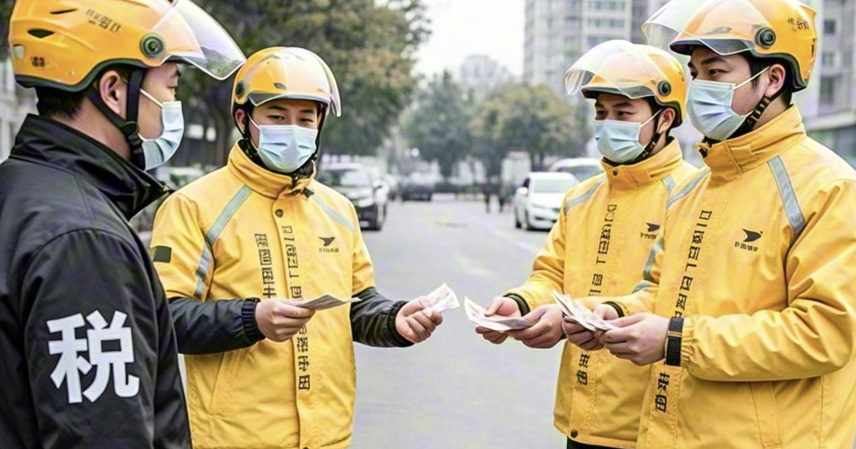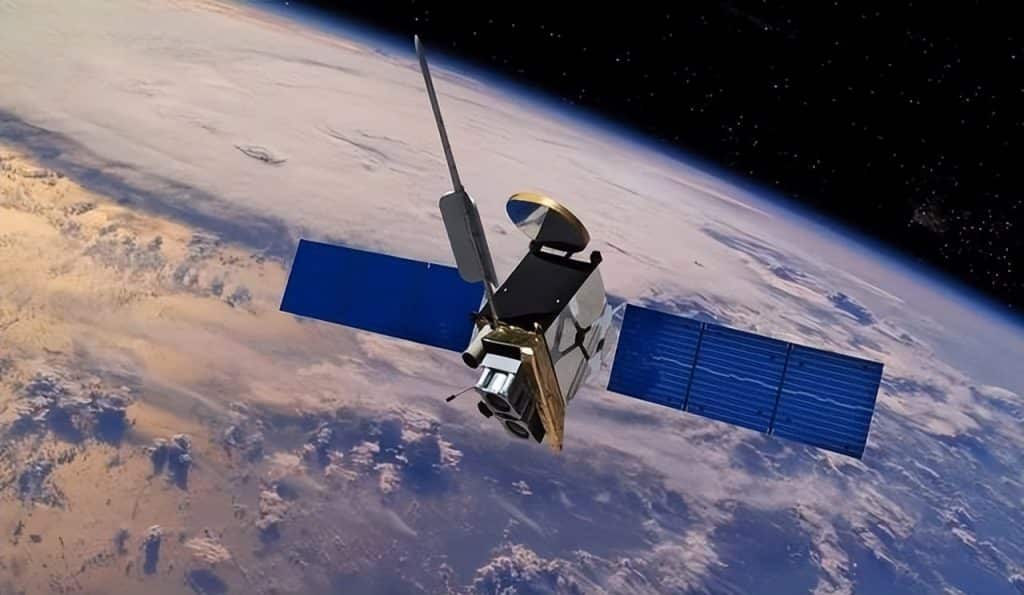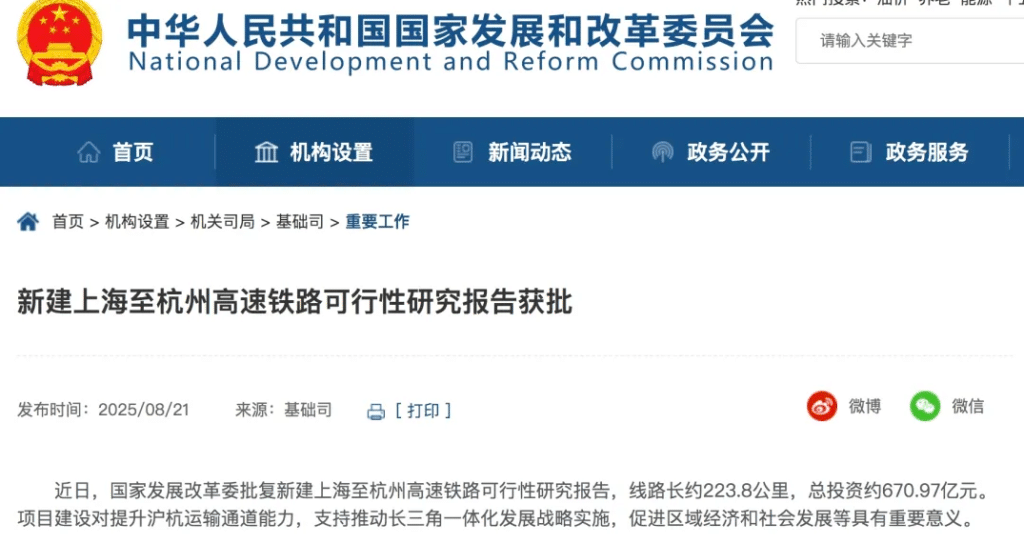Starting October 1, Ele.me announced that it will withhold and pay income taxes on behalf of its riders. This means every delivery order will be taxed before the rider receives payment.
Unsurprisingly, many riders were shocked: “Does this mean the harder we work, the less we take home?” The short answer is yes—the burden on riders will increase.
Taxation Was Always Required, Just Not Enforced
Paying income tax is a basic civic obligation. For example, self-media creators in China have long had taxes withheld by platforms. Delivery riders’ income has always fallen within taxable income, but in the past, platforms did not deduct taxes and relied on riders to self-report.
In reality, very few riders voluntarily filed taxes, leaving them in a “gray tax-free zone.” Now that Ele.me has moved forward, Meituan, JD.com, and others are likely to follow, closing off this loophole entirely.
This shift is not limited to delivery workers—ride-hailing drivers and chauffeurs will also be included. The logic is clear: with over 100 million flexible workers in China, the government cannot afford to ignore such a massive income stream.
Why Now? Three Main Reasons
- Fiscal Pressure – Local debt is mounting, land-based revenue is shrinking, and taxes have become the only stable source of funds.
- Fairness – Office workers pay income tax regularly, while flexible workers kept their full income, which creates imbalance.
- Technology – With platform transactions fully transparent, withholding taxes is technically simple and avoids the problem of “missing taxpayers.”
In essence, the move is not Ele.me trying to take riders’ money—platforms are only intermediaries. The real goal is for the state to bring flexible workers fully into the tax system.
The Key Issue: Salary vs. Labor Income
The most pressing question is whether rider income will be taxed as salary or as labor remuneration.
For example, with a monthly income of 8,000 RMB:
- Salary calculation: Deduct the 5,000 RMB tax threshold, leaving 3,000 RMB taxable income. At a 3% tax rate, tax due is only 90 RMB, so take-home pay is 7,910 RMB.
- Labor remuneration calculation: Deduct 20% upfront, leaving 6,400 RMB taxable income. At a 20% tax rate, tax due is 1,280 RMB, so take-home pay is just 6,720 RMB.
That’s a 14-fold difference.
Based on precedent—self-media creators are taxed under labor remuneration—it is highly likely riders will face the same treatment.
Refund Mechanisms Provide Some Relief
While riders’ monthly income may shrink, China’s tax refund system offers a buffer:
- If annual income is below 120,000 RMB, riders can claim refunds during annual tax reconciliation.
- If above 120,000 RMB, then taxes must be paid in full.
Big data shows that most riders earn less than 100,000 RMB annually, meaning the impact will be moderate. Their biggest issue is cash flow, as refunds only come at year-end.
However, for top-performing riders (“order kings”) without formal contracts, the burden will be substantial.
Conclusion
- Mandatory tax withholding is not Ele.me’s decision but part of China’s broader fiscal reform.
- With over 100 million flexible workers, exempting them was never sustainable.
- In the short term, riders will feel the squeeze, but in the long run, this is simply compliance with obligations.
- The real inequity lies in the system: labor income is taxed far more heavily than salaries, and this is what riders fear most.



